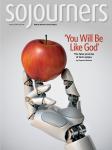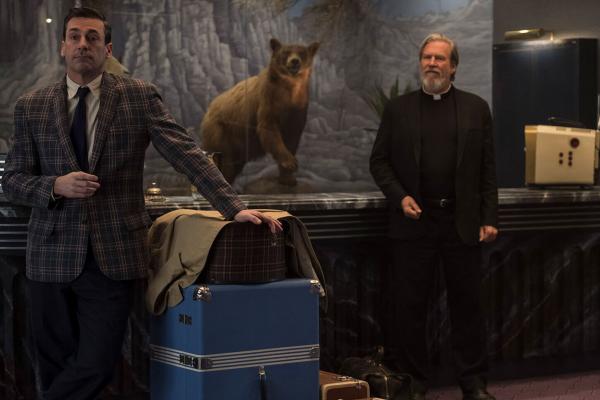WHEN A FILM seems ahead of its time, it’s because its artists are like time travelers, bringing information from the future to illuminate our present. Ideas that lack mainstream consensus (for instance, restorative justice, gift economies, and the flourishing of previously silenced voices in central leadership roles) can manifest in filmmakers’ storytelling as though they are already reality. We leave the theater wishing the world was more like what we were shown. In the future, we may watch the same film and remember how strange it was when the world was different.
Two recent movies that are this kind of prophetic couldn’t be more different from each other in tone but have the same intent: to say something truthful about women who suffer.
Lizzie—a thoughtful, painful interpretation of the 19th-century Borden murders—is about the past but foretells the future because it takes killing far more seriously than almost any other film. It’s honest about why someone might feel driven to kill, the horror of the deed itself, and the costs, honoring both the victims and the torturous circumstances in which they placed their daughter—who killed them. It doesn’t like what Lizzie did, nor does it like what was done to her first. But what it asks of the audience is: Who are you in this story? What would you do?
Bad Times at the El Royale mashes up the big house whodunnit—think A Murder Is Announced or Clue—with Vietnam War trauma, the evolution of power dynamics between men and women, and the astonishing transformation that’s possible when aggression is met with the truth rather than more violence. Strangers, whose respective purposes are mysterious, assemble in a hotel on a red-blue state line: These people include a priest with memory problems (played by Jeff Bridges, who is easing into elderhood, entering the latest phase of one of the most diverse, thoughtful, and entertaining American acting careers), a bellhop (portrayed by Lewis Pullman, one of this film’s breakout stars), a singer (acted by Cynthia Erivo, the other breakout star, in a magnificent performance that transfixes because of her music and the way she speaks the movie’s—as well as the current cultural moment’s—most profound words). The plot’s a tease, and a bit brutal, but saying more would spoil a great surprise. Bad Times at the El Royale is far deeper than the genres it apes. It uses entertainment to make us consider nothing less than the demons in America’s self-perception, the sins of the past, and the possibility of something much, much better ahead—for which we need to hold on. It’s coming.

Got something to say about what you're reading? We value your feedback!

